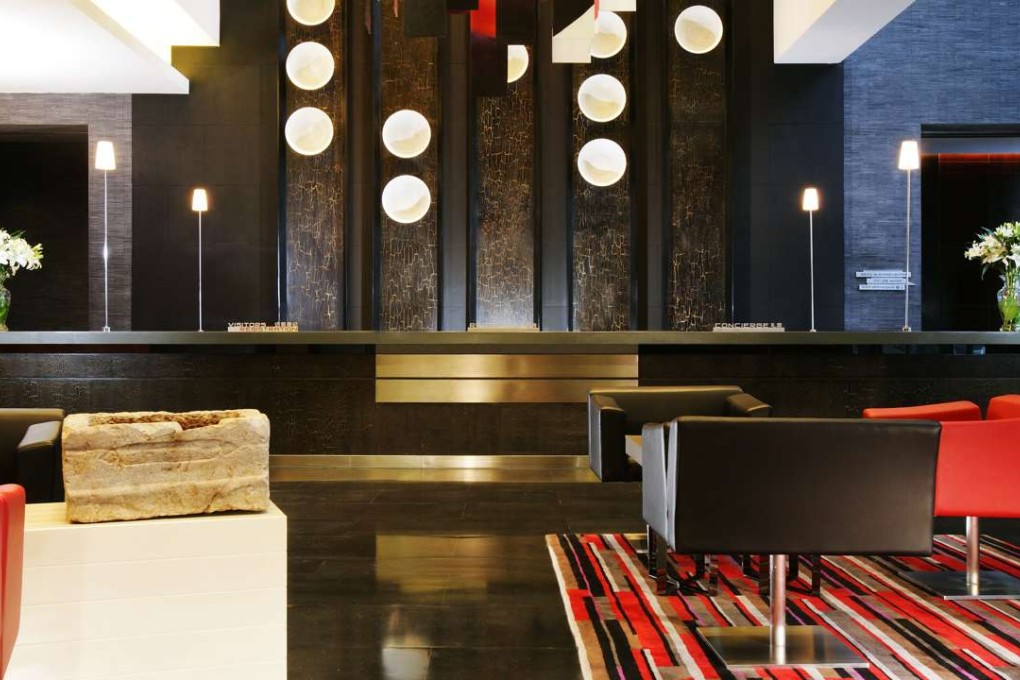Radisson hotel chain sees bright future under China’s HNA
Hotel operator Carlson-Rezidor welcomes the aviation and shipping conglomerate’s ambitions and financial strength

The owner of the Radisson hotel chain, which is being bought by Chinese aviation and shipping conglomerate HNA Group, expects to see a boost to its long-term prospects thanks to the financial muscle of its new owner.
In April a unit of HNA Group said it planned to buy US-based Carlson for an undisclosed amount, a deal that would also include the hotel giant’s major stake in Stockholm-listed Rezidor Hotel Group.
“We are very excited about this new investor. They are a Fortune 500 company with very ambitious long-term growth strategies,” said Thorsten Kirschke, Asia Pacific president of Carlson-Rezidor, which operates 1,400 hotels worldwide under brands such as Radisson and Country Inns & Suites.
“What can be better than being part of something that has both the ambitions and financial strength to succeed?” said the 52-year-old hospitality industry veteran who joined Brussels-based Rezidor Hotel Group in 1995.
We are very excited about this new investor. They are a Fortune 500 company with very ambitious long-term growth strategies
Headquartered in Hainan, a scenic island dubbed China’s Hawaii, HNA started business solely as an airline but later branched out to industries spanning tourism and real estate to retail and shipping.